Producer Paul Webster talks to us about the making of Anna Karenina
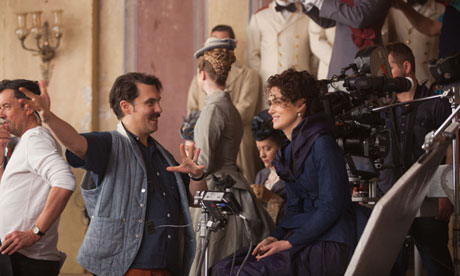
Producer Paul Webster gave a talk about the making of Anna Karenina at a special event in the British Library. The film has an extraordinary viewpoint, as if everything is set upon a series of stages. The characters walk though doors into ballrooms, snow scenes, bedrooms, and sometimes look down upon the action from the rafters of a theatre. It all makes even more sense to discover that the director, Joe Wright, grew up around a puppet theatre, his parents being the founders of the Little Angel Theatre in Islington.
Russian aristocracy in the 1870s lived a rarefied existence – Leo Tolstoy himself said it was as if they lived their lives on a stage. As most European aristocracy of the time, they spoke French to each other, considering the native language as peasant. Wright has worked with Keira Knightley before, directing her in Atonement and Pride and Prejudice. Perhaps she is something of a muse for him, someone for him to shape his ideas around, as she goes through the emotional turmoil of falling in love on the wrong side of marriage.
Tolstoy’s complex novel has been screened and adapted before, but it has shades and elements, that make it difficult to adapt in its entirety – there are so many characters and events that choices must be made, parts edited out, and themes chosen. The film centres itself around love and all its aspects – familiar, passionate, desperate, maternal, spent – all human relations are here. The characters are cast about by the storm of fate, and the more deeply they feel, the more they are hurt.
The film was mostly made in one place, with a team working day and night over four months of filming to install 108 sets. The logistics of this made it difficult for the lead actors, who had to work around that schedule. The result is a rich, visually entrancing film full of memorable scenarios. Forget grand sweeping historical dramas, here the world is set upon a stage, and the whole setup is theatrical. The characters are not puppets, however, but people dealing with deep emotions within the confines of a very restrictive society. Knightley starts as a rather innocent wife, more of a big sister than a mother to her son. She doesn’t really know what love or sex are until she meets the younger man, Count Vronsky. Once she steps outside the rules, there is nothing to prevent her decline and desperation. Knightley grows up in this film. Aaron Johnson adds depth to the foppish Vronsky, not really understanding consequences.
The backdrops seem to change around the characters, as if the film were set in an elaborate puppet theatre. Theatrical, highly stylised and choreographed as it may be, it is the humanity that takes centre stage. Anna and her lover, Vronsky, both give up everything they have for love, but of course, it turns out that means something rather different for men than for women.
Playwright and screenwriter Tom Stoppard must count as a national treasure by now – his film adaptations and scripts always deliver thoughtful humour and a unique take on classic themes. From Rosencrantz and Guildenstern are Dead, where he gives voice to two minor characters in Hamlet, to Shakespeare in Love, Stoppard always surprises, and yet his scripts are as believable as everyday conversation. There would be little point in having Stoppard on board in such a project without giving his creativity free reign, and this film is a considered and researched reimagining, with plenty of signature Stoppard light relief along the way.
The point, really, of Anna Karenina is of the impossibility of some situations. Although in our society now divorce and remarriage are possible, it was not so long ago that class rules precluded love, marriage was for life no matter what, and girls were married off before they could discover what life and love might be all about. And double standards still prevail for some.
The casting makes great use of mostly British actors in supporting roles – Matthew Macfadyen plays the loveable rogue who is Anna’s sister, while his wife, played by Kelly Macdonald, perhaps embodies what would have been expected of Anna – producing an endless series of offspring in a spent marriage – a dreary fate. Jude Law plays Anna’s husband, a dry old crust who is strong on duty and rigid in his views. The other love story, usually missing in adaptations, is that between the endearingly earnest Levin, played by Domhnall Gleeson, and his smouldering passion for Kitty, played by Alicia Vikander, cynical about love at a young age after her own disappointment with Vronsky.
Paul Webster talks of making film as an uneasy marriage between art and commerce. Here, in Anna Karenina, it is a successful and fruitful balance.
Verdict: •••••
Eleanor MacFarlane
Anna Karenina is released on 7th September 2012.

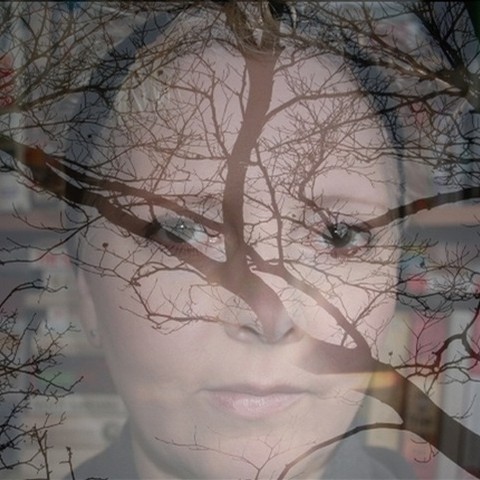
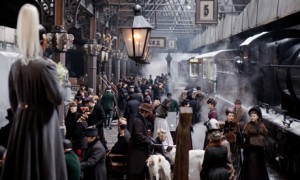
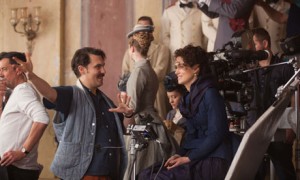
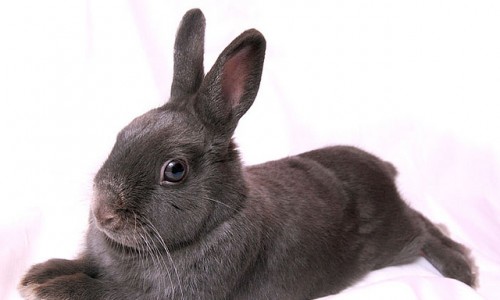


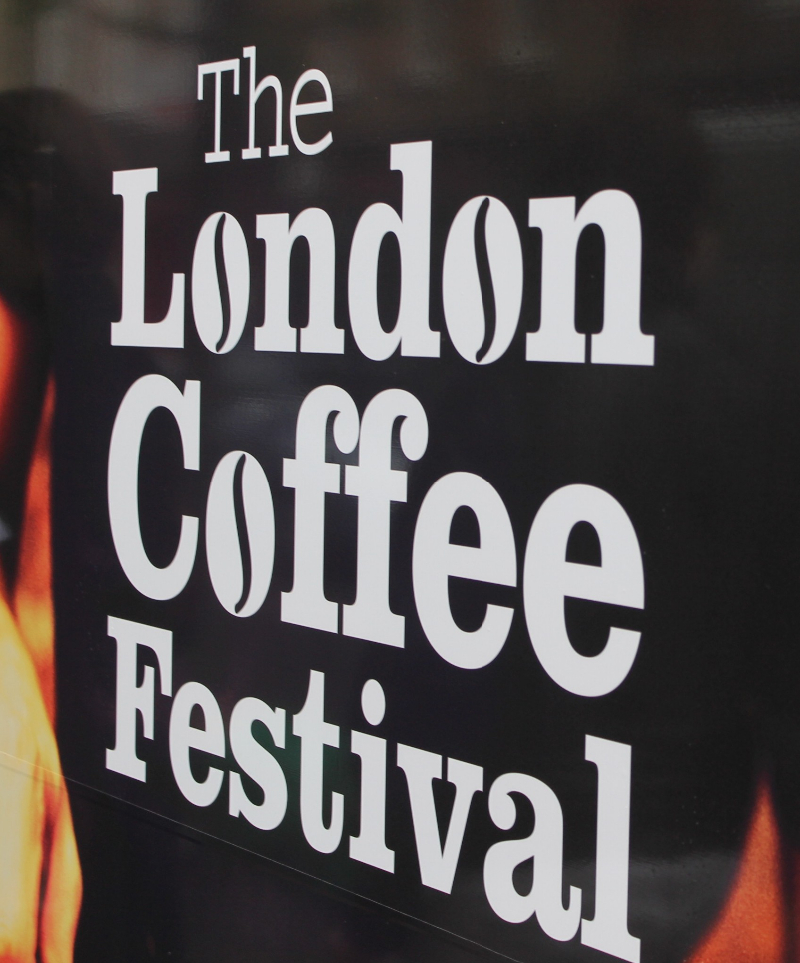
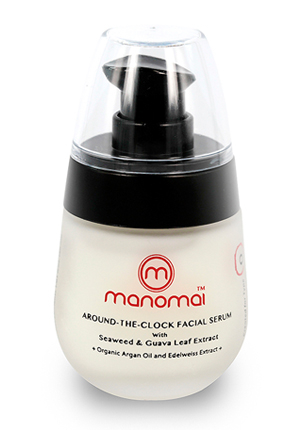
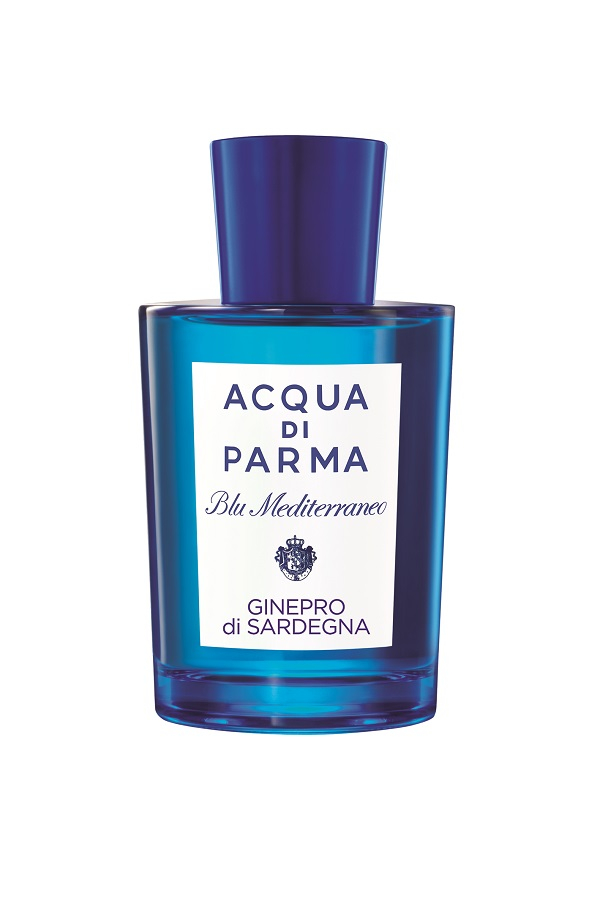

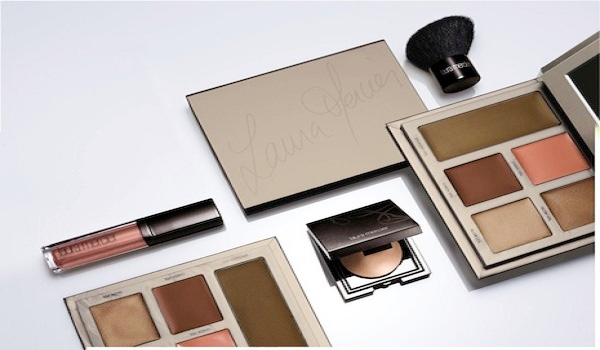








Facebook
Twitter
Instagram
YouTube
RSS